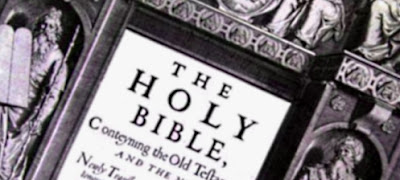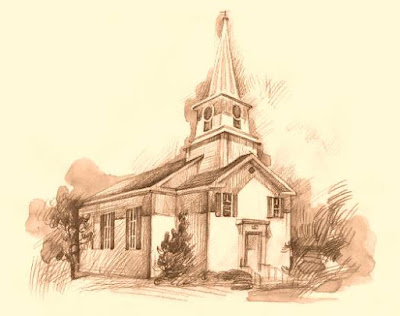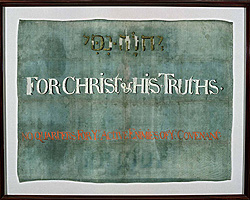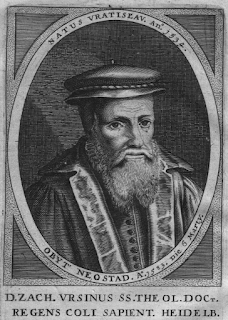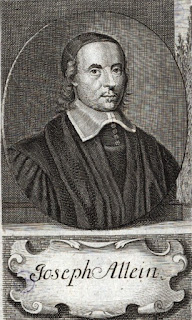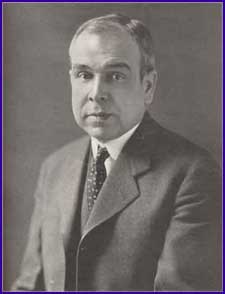Posts
Showing posts from March, 2016
Handed Down From the Scaffold: The Cargill Bible
- Get link
- X
- Other Apps
Forgiving Ourselves: Why the Bible Never Mentions It
- Get link
- X
- Other Apps
Of The Holy Supper Of Our Lord Jesus Christ
- Get link
- X
- Other Apps
Were you there when they crucified my Lord?
- Get link
- X
- Other Apps
Patrick of Ireland: A Missionary “Bound in the Spirit”
- Get link
- X
- Other Apps
C.H. Spurgeon: This Morning's Meditation
- Get link
- X
- Other Apps
Is Infant Baptism A Roman Catholic Leftover?
- Get link
- X
- Other Apps
David Dickson from Scots Worthies by John Howie
- Get link
- X
- Other Apps
Jenny Geddes and the Prayer Book Protest
- Get link
- X
- Other Apps
David Dickson and the protests against the prayer book
- Get link
- X
- Other Apps
True Righteousness vs. The Counterfeits of Conversion, Including that of a False Regeneration.
- Get link
- X
- Other Apps
7 Reasons to Study the Bible with the Covenanters
- Get link
- X
- Other Apps
Dr. Alan Cairns: Imprecatory prayers and 'love your enemies'?
- Get link
- X
- Other Apps
Dr. J. Gresham Machen’s Last Sermon at Princeton (1929)
- Get link
- X
- Other Apps
‘Scotland’s last martyr’ : remembering James Renwick
- Get link
- X
- Other Apps

